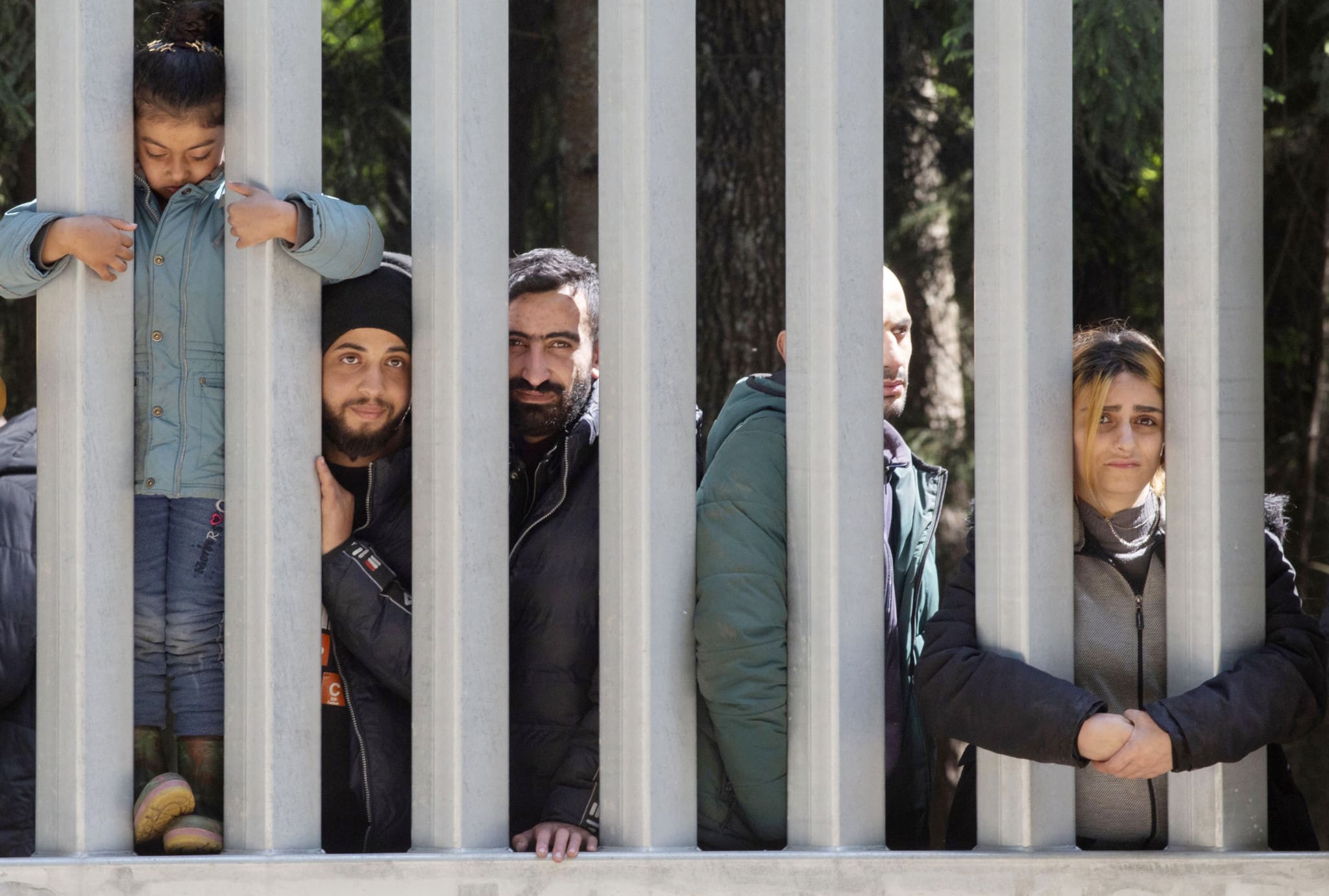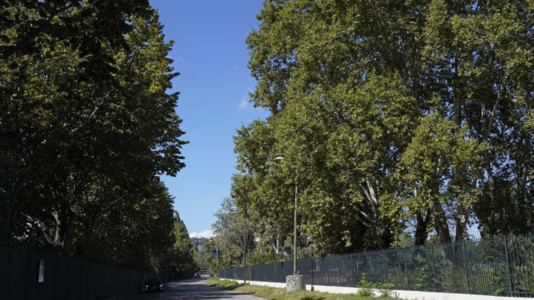The Polish government is setting up 49 Foreigners’ Integration Centres (CICs) across the country, aimed at helping newly arrived migrants integrate into Polish society, the European Commission announced this week.
The centers, designed as “one-stop shops,” will provide standardized services, including language courses, legal assistance, and psychological care, and will work with NGOs to cater to a large influx of immigration from outside the European Union under the left-liberal coalition government led by former Eurocrat Donald Tusk.
The initiative, led by Poland’s Ministry of Family, Labour, and Social Policy, will see CICs established by marshal offices in collaboration with institutions that work with migrants in local communities.
It is being funded by the European Union’s Asylum, Migration, and Integration Fund (AMIF).
Each CIC must include the provincial office responsible for legalizing migrants’ residences and at least one NGO experienced in serving diverse migrant populations, the Commission stated.
In a press release, the EU executive outlined the type of assistance that will be on hand for foreigners, including access to language courses, prevention programs for domestic violence and human trafficking, and help with employment and labor rights.
Integration courses on offer will cover topics like Polish history, constitutional principles, and cultural heritage in an attempt to provide migrants with a comprehensive understanding of Polish society.
Migrants will be permitted to access the services on offer for free up to applying for a long-term EU residence permit, which requires them to show Polish language proficiency at the B1 level.
As well as EU funding through the AMIF, Poland will be expected to contribute financially through both the government budget and local budgets with help from the European Social Fund.
The involvement of the European Commission in such initiatives highlights the close relationship between the European Commission and Donald Tusk, who previously served as president of the European Council and is seen as Brussels’ man in Warsaw following the previous Conservative (PiS) administration.
The initiative suggests a considerable change in approach to the former government that shared the more cautious approach to mass immigration as other Visegrád nations including Hungary and Slovakia.






